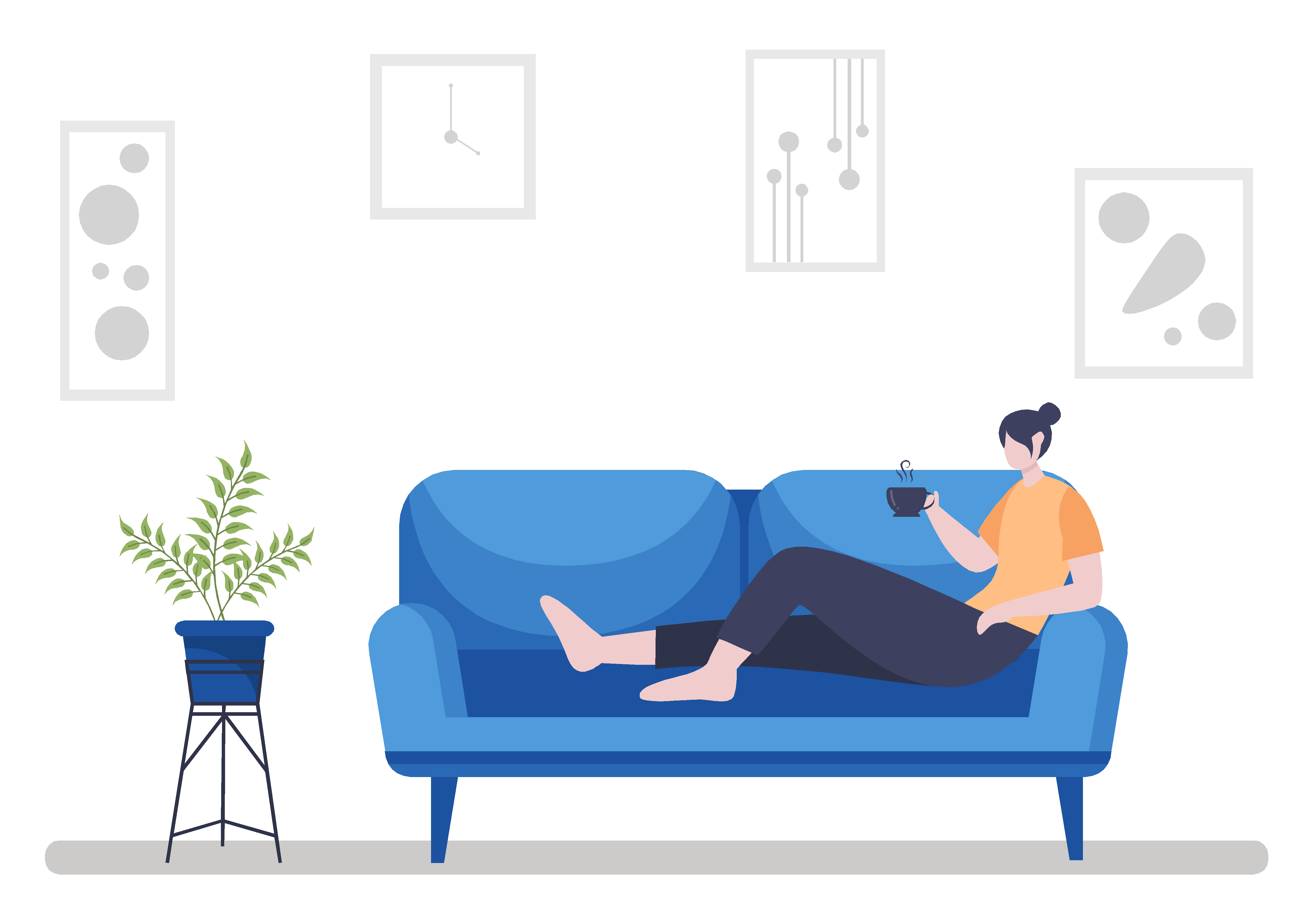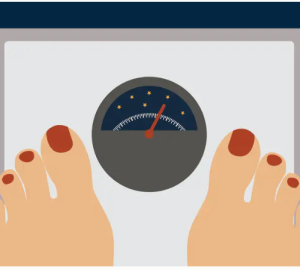On a cold day, a hot drink may keep you warm, and tea, in particular, can aid with a variety of conditions.
While caffeinated teas can be energizing, many herbal teas are the polar opposite. Chamomile tea is commonly used to encourage relaxation, sleepiness, and a good night’s sleep. If you had trouble sleeping as a youngster or in your later years, your parent or grandmother may have advised a chamomile brew to help you sleep. It’s very unusual to have trouble falling asleep, especially when you’re under a lot of stress. Bedtime teas combine specialized herbs to help you overcome insomnia naturally, making them a perfect alternative to sleeping pills.
We have dug into some of the best teas that you can use to improve your sleep quality:
- Passionflower Tea
Passionflower, like chamomile, has flavonoids that bind to the same receptors in the brain as benzodiazepines and may help alleviate anxiety symptoms. Drinking a single cup of passionflower tea has been shown to improve sleep quality. Passionflower, when mixed with other sleep-enhancing herbs like valerian, was found to be equally as effective as typical sleeping medications in giving short-term insomnia treatment. It should be emphasized that capsules were employed in this study, which might carry a higher concentration of the herb than a cup of tea.
- Lemon Balm Tea
Lemon balm is an herb that has been used for centuries. Melissa officinalis, popularly known as lemon balm, is a member of the mint family with a somewhat sweet and lemony aroma. Lemon balm tea and essential oil are the most frequent types. Lemon balm has traditionally been used to treat infections and viruses as an antiviral and antibacterial medication. It also has the ability to assist restless sleepers during the night. Drinking a cup of lemon balm tea before bedtime may help to alleviate insomnia symptoms. If you’re battling restlessness and anxiety before bed, a cup of lemon balm tea may be a nice solution for you. It may help you get more shut-eye if you incorporate it into your nightly routine as a means to assist you to reduce tension before bedtime.
- Lavender Tea
Many people are unaware that lavender may be made into tea and incorporated into a peaceful nightly ritual. The use of lavender oil as an oral supplement has been demonstrated to increase sleep quality and duration. Oral use of lavender oil has been shown to help minimize nightly waking and enhance mood. However, other studies suggest that lavender aromatherapy may only improve sleep quality in the short term. Drinking lavender tea may have the same effect.
These different types of tea have been used to induce sleep throughout history and are now being backed up by research as realistic alternatives for sleeping aids. While further study is needed, it is obvious that several of these teas have relaxing or sedative properties, making them popular among those who are having trouble sleeping.








